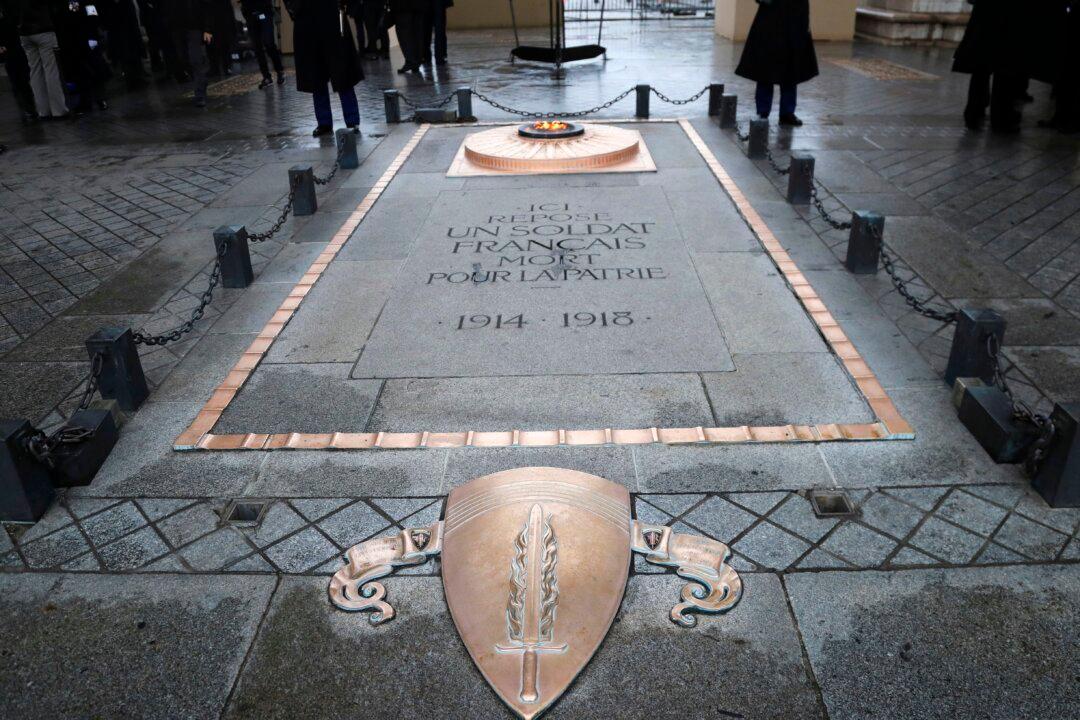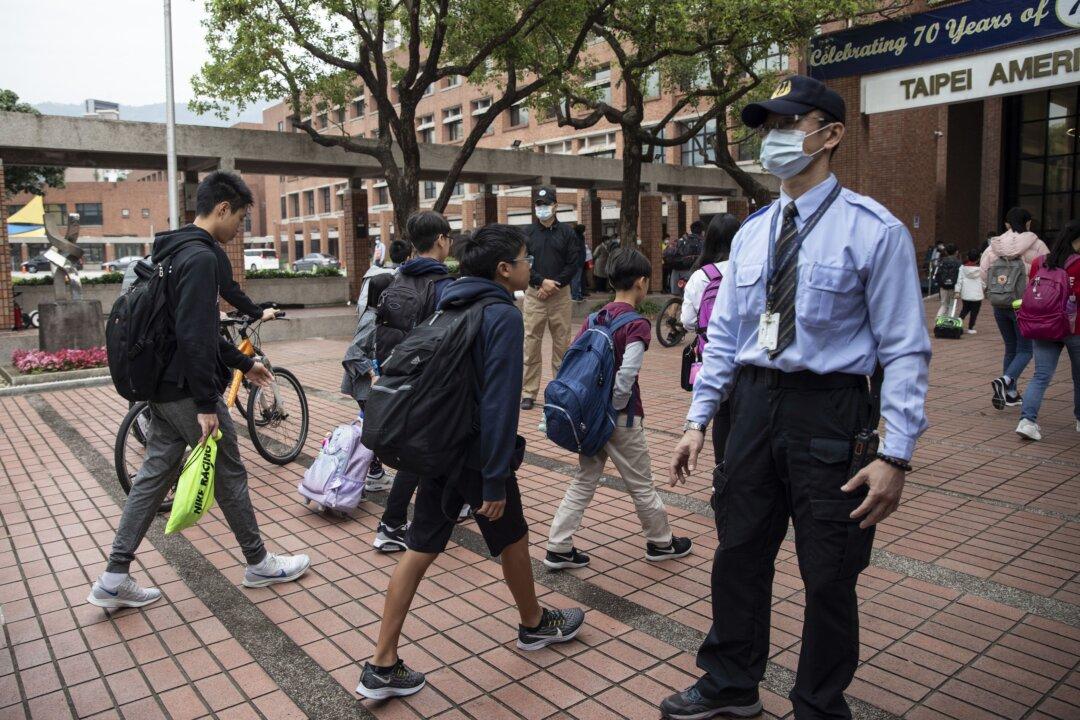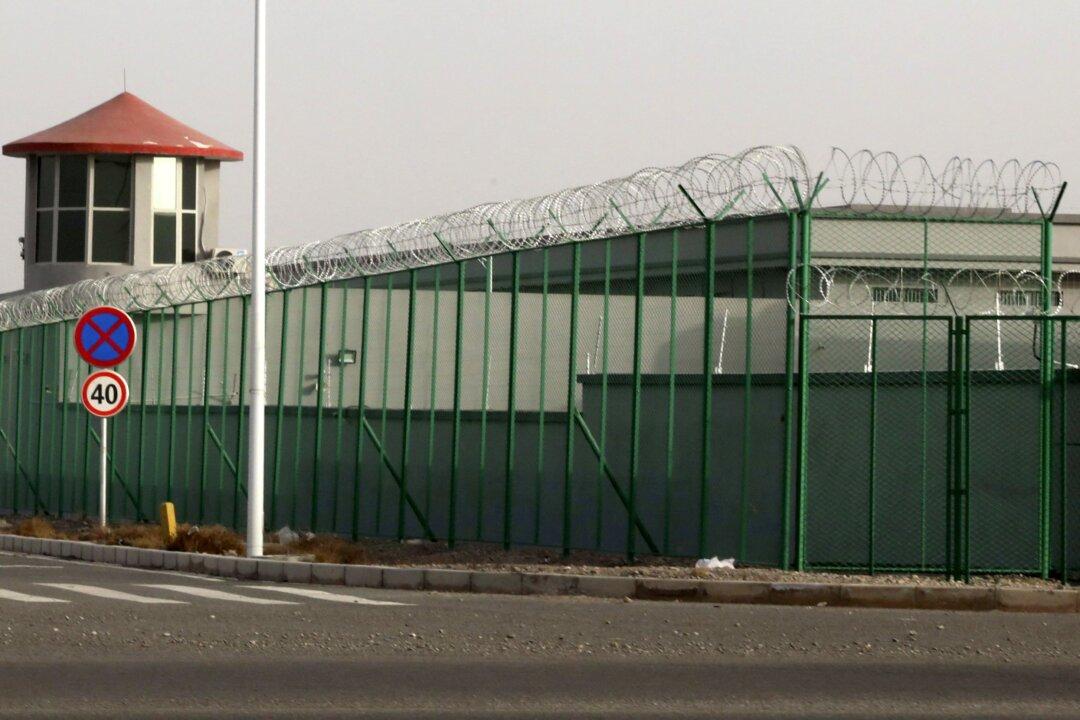Nov. 11 this year marks the centenary of the 1918 Armistice, following the Great War triggered by the assassination of Austrian Archduke Ferdinand in 1914.
Researcher Patrick Chovanec of the New York Review of Books Daily views the war as a portal between “an older, more distant world—a world of kings with handlebar mustaches, splendid uniforms, and cavalry charges—and the world that we know today—of planes and tanks, mass political movements.”





